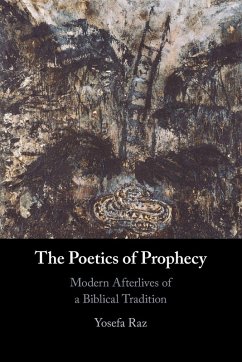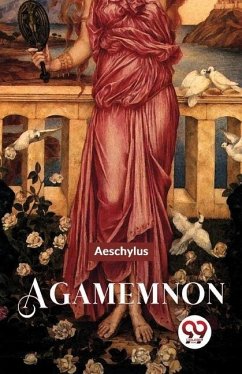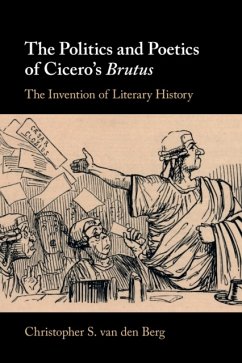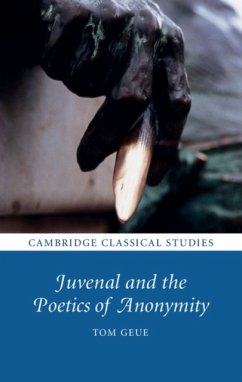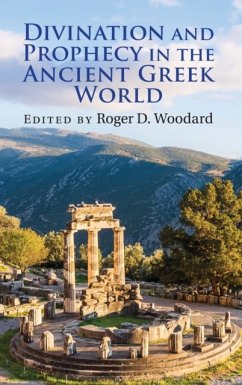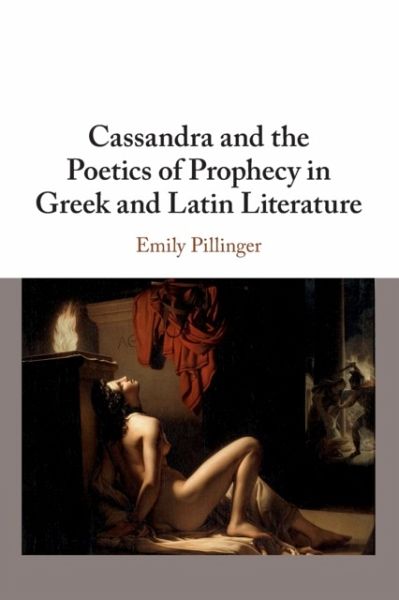
Cassandra and the Poetics of Prophecy in Greek and Latin Literature
Versandkostenfrei!
Versandfertig in über 4 Wochen
32,99 €
inkl. MwSt.

PAYBACK Punkte
16 °P sammeln!
Working from the example of the mythic prophet Cassandra, this book uses insights from translation theory to uncover the value of female seers' riddling prophecies in the most canonical of ancient Greek and Latin poetry. It will interest students and scholars of classics, translation studies, gender studies, and comparative literature.





